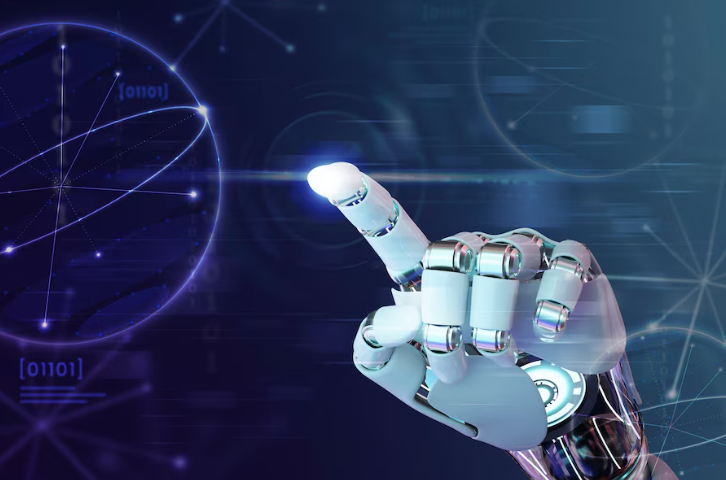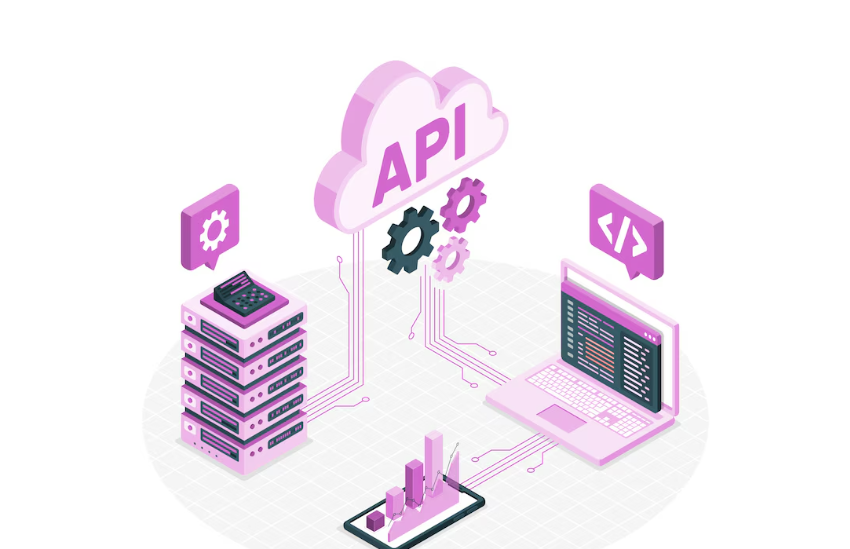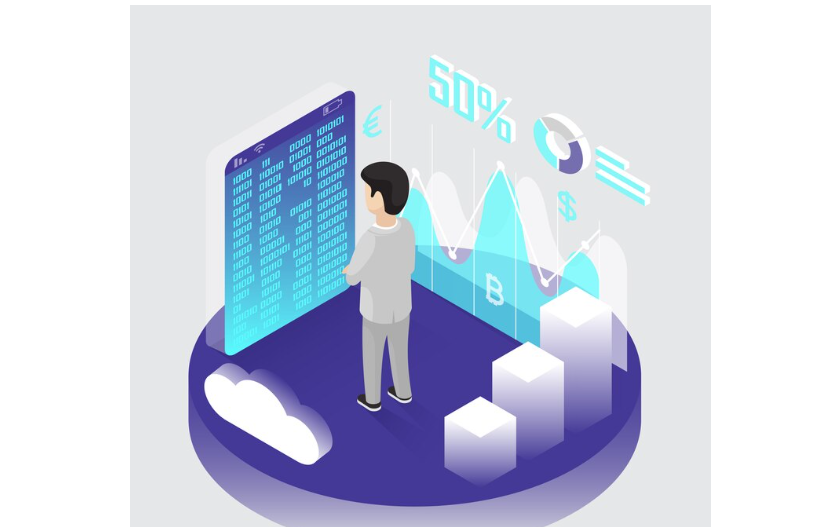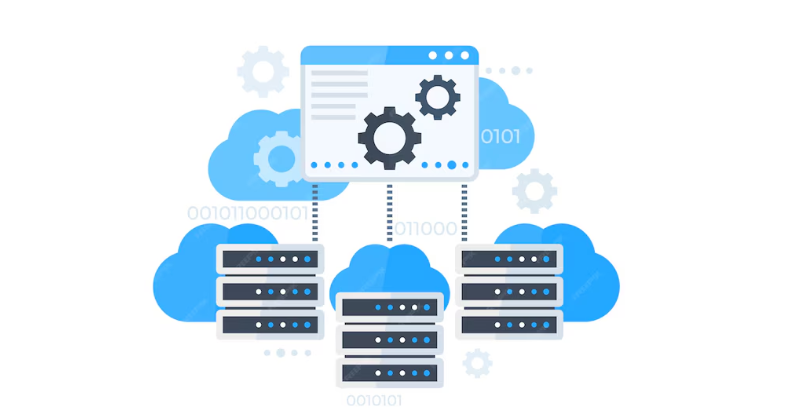Artificial intelligence (AI) is the development of computer systems that are inherently able to perform tasks that call for human intelligence. These programs simulate how people learn, reason, and make decisions. What is the role of artificial intelligence (AI) in modern software solutions?
A subfield of artificial intelligence (AI), is the study of statistical models and algorithms. They enable computers to learn from data and progressively enhance their performance without the need for explicit programming. Software development has evolved as a result of the integration of AI and ML, spurring innovation and progress.
Over time, software engineers have been increasingly interested in artificial intelligence and machine learning. Their capacity to decrease manual labor, streamline processes, and boost overall effectiveness makes them essential. As the demand for intelligent applications increases, integrating AI and ML into software development processes is becoming crucial.
What Is AI?
A distinct set of technologies known as artificial intelligence (AI) allow robots to mimic human comprehension. Imagine superhuman computers that can observe, comprehend language, evaluate data, and even make recommendations—like a digital brain. AI is a toolkit that is incorporated into systems to aid in their ability to reason, learn, and resolve challenging problems. It isn’t an independent entity.
What Is The Role Of Artificial Intelligence (AI) In Modern Software Solutions?
By improving the capabilities of conventional software systems, artificial intelligence (AI) is revolutionizing modern software solutions across a range of industries. With profound effects on every stage of the development process, this technical and digital revolution marks a turning point in the history of software development engineering.
AI helps in the following ways and answers of what is the role of artificial intelligence (AI) in modern software solutions.
Automation:
AI enables software to automate time-consuming and repetitive processes. This increases productivity and lowers the possibility of human error, increasing the efficacy of software solutions in a variety of fields, including data entry, process optimization, and customer support (e.g., chatbots).
Predictive analytics:
AI is capable of analyzing big datasets and forecasting patterns, actions, or results. This is especially helpful in fields like marketing (targeted advertising), healthcare (predictive diagnosis), and finance (fraud detection).
Natural Language Processing (NLP):
AI systems that are able to understand and produce human language facilitate user interaction with software via text or voice (e.g., sentiment analysis, virtual assistants, language translation tools).
Personalization:
By examining user behavior and preferences, AI can tailor user experiences. AI is used, for instance, by e-commerce platforms to provide tailored purchasing recommendations and by streaming services like Netflix to suggest content.
Decision Support:
AI analyzes complicated datasets in real time to assist organizations in making better decisions. AI systems are able to assess a range of possibilities and results, providing information to help with strategic decision-making.
Security:
To swiftly identify and address threats, cybersecurity uses AI-powered tools. Compared to conventional techniques, AI systems can detect possible vulnerabilities and keep an eye out for anomalous activity more quickly.
Enhancing User Experience:
AI is used to build user-friendly interfaces that recognize and react to user demands. AI enhances user interaction with machine learning algorithms that modify interface design and predictive text in apps. AI software is incorporated into robots in sectors like manufacturing to improve automation, quality assurance, and product assembly.
In Summary
Essentially, artificial intelligence (AI) enhances software solutions by increasing their intelligence, adaptability, and capacity to resolve challenging issues that were previously unattainable or time-consuming. What is the role of artificial intelligence (AI) in modern software solutions? In the field of software development, artificial intelligence (AI) has become a disruptive force that is drastically altering the creation, implementation, and upkeep of computer applications.







